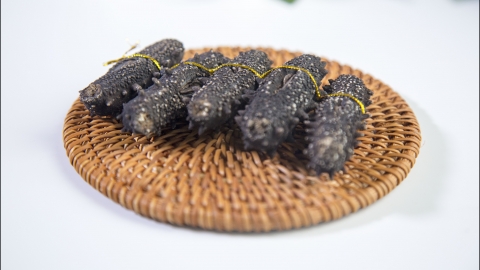Which is more nutritious, bird's nest or sea cucumber?
The nutritional advantages of bird's nest and sea cucumber differ, making it impossible to simply determine which is more nutritious. A detailed analysis is as follows:

Bird's nest is rich in sialic acid, water-soluble proteins, and collagen. Sialic acid supports nervous system development, while collagen helps maintain skin elasticity. Sea cucumber contains high-quality protein, saponins, various trace elements such as selenium and zinc, and polysaccharides. The amino acid composition of its protein closely matches human requirements, and sea cucumber saponins have immune-regulating properties. The nutritional emphasis of each differs—bird's nest is beneficial for skin health and supporting nervous system function, while sea cucumber excels in enhancing immunity and supplying high-quality protein.
From the perspective of specific needs, bird's nest may be more suitable for skin care or nutritional supplementation during pregnancy due to its sialic acid and collagen content. In contrast, sea cucumber, with its high protein content and active substances, is more valuable for postoperative recovery, improving immunity, or supplementing trace elements. Additionally, bird's nest contains virtually no fat, making it suitable for those seeking low-fat nourishment, while sea cucumber offers a broader range of trace elements, better meeting the needs of individuals requiring comprehensive mineral supplementation.
Choosing between bird's nest and sea cucumber should be based on individual health needs, physical condition, and dietary preferences. Both can serve as nourishing ingredients but should be consumed with appropriate dietary combinations to ensure balanced nutrition and controlled intake, avoiding excessive reliance on a single food source.








